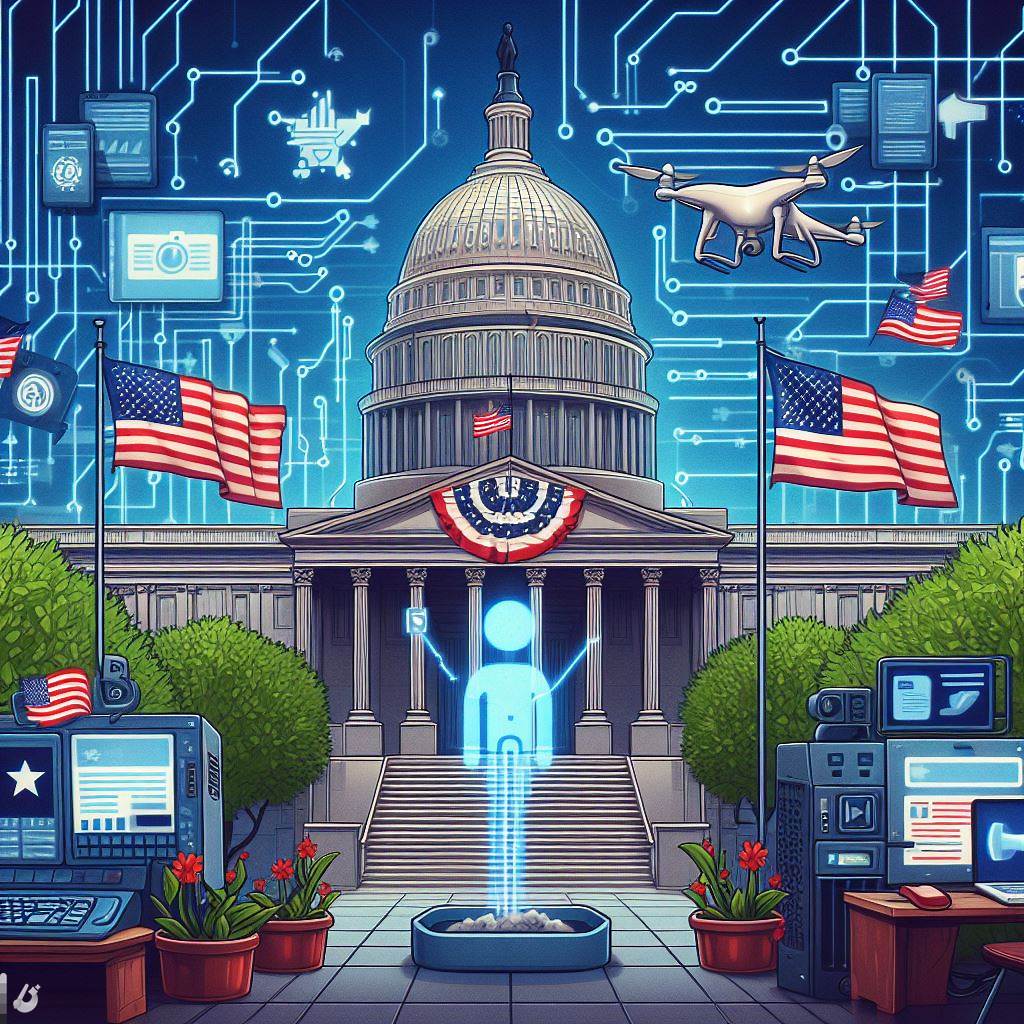
In a move to address growing concerns about deceptive uses of artificial intelligence (AI) and manipulated media in political campaigns, Michigan is set to implement state-level policies targeting AI-generated deepfakes. As Congress and the Federal Election Commission grapple with broader regulations, Michigan's legislation, expected to be signed by Governor Gretchen Whitmer, aims to bring transparency to political advertisements.
Key Points:
State-level Regulation: Michigan's legislation mandates that political campaigns clearly disclose the use of artificial intelligence in creating political ads. The move is a response to the rising use of generative AI, which can rapidly produce convincing fake images, videos, or audio clips.
Deepfake Prohibition: The legislation prohibits the use of AI-generated deepfakes within 90 days of an election, requiring a separate disclosure identifying the media as manipulated. Deepfakes, misleading media created through generative AI, have raised concerns about their potential misuse in the 2024 presidential race.
National and State Landscape: While Congress debates federal regulations, several states, including California, Minnesota, Texas, and Washington, have already passed laws regulating deepfakes in political advertising. Michigan's legislation follows this trend, with similar bills introduced in Illinois, Kentucky, New Jersey, and New York.
Enforcement and Penalties: Those distributing AI-generated political ads must clearly state the use of generative AI, and failure to do so could lead to penalties. The legislation proposes misdemeanor charges, punishable by up to 93 days in prison, a fine of up to $1,000, or both for the first violation.
Federal Advocacy: Michigan Secretary of State Jocelyn Benson participated in a bipartisan discussion in Washington, D.C., emphasizing the need for federal legislation. She urged senators to pass the federal Deceptive AI Act and encouraged states to adopt similar measures, highlighting the challenges posed by AI and the need for federal support.
Bipartisan Federal Efforts: Federal lawmakers, including Democratic Sen. Amy Klobuchar and Republican Sen. Josh Hawley, have emphasized the importance of legislating against "materially deceptive" deepfakes in political advertising. However, no federal legislation has been passed yet.
Role of Social Media Companies: Meta (Facebook and Instagram) and Google have introduced guidelines to address deepfakes. Meta requires political ads to disclose if they were created using AI, while Google has an AI labeling policy for political ads on its platforms.
Michigan's proactive approach reflects a growing awareness of the potential threats posed by AI-generated deepfakes to the integrity of elections. As the 2024 elections approach, the debate over the regulation of AI in political advertising continues, emphasizing the need for a balance between innovation and safeguarding democratic processes.